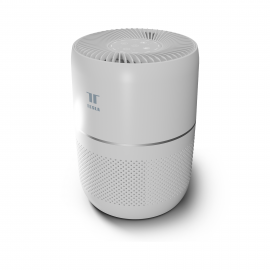An allergy is a disproportionate reaction of the immune system to various environmental substances that are completely harmless to most people. These substances are called allergens and are usually proteins of plant or animal origin. Prevention is an important weapon against allergies.
Major population suffers from allergies
Unpleasant reactions to allergens are experienced by many people, and the numbers are growing. According to data from Insurance Associations, the country's largest health insurance company, about a third of the population suffers from allergies, but the exact number is difficult to ascertain. Not everyone who has symptoms seeks professional help. In general, three out of ten visit an allergist.
And what about the onset of pollen season? Although we usually associate it with flowering trees, it starts much earlier. Already at the end of January, alder and hazel pollen particles start flying. A more pronounced appearance of pollen allergens occurs in March, and those affected do not rest until October, when ragweed, wormwood and reeds say goodbye to the season. So how to prevent disproportionate reactions of the body? Here are 6 tips.
1. Choose the right medication
You may avoid allergy medications because you still remember antihistamines with significant side effects such as increased fatigue and drowsiness. This is no longer the case with prescription medicines, so you don't have to worry about taking them.
2. Check pollen reports
There are a number of sources to monitor pollen news. For example, you can try the website or mobile app: National Allergy Forecast & Info About Allergies | Pollen.com, which has many other useful features.





















